Cast of students helps launch Locarno Film Festival
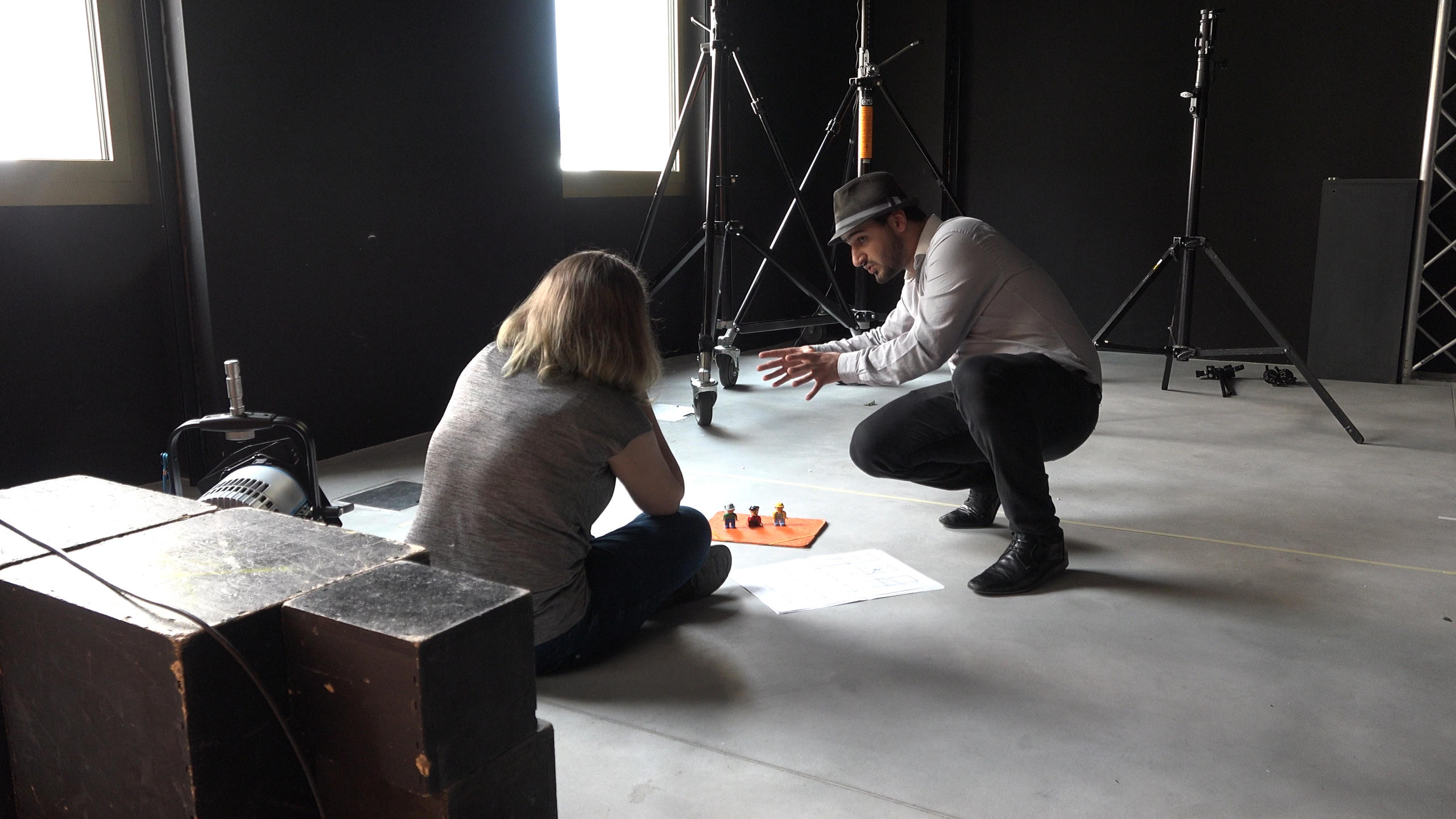
For ten days in August, the charming southern Swiss city of Locarno is abuzz with international filmmakers and movie fans. It is host to one of Europe's most significant film festivals, which owes part of its success at least to local film students who work behind the scenes.
With the festival now in its 71st year, the filmmaking tradition is firmly rooted in this otherwise quiet, Italian-speaking town on the northern shore of Lake Maggiore, making it a fitting home for the CISA Academy of Audiovisual Sciences, which moved from Lugano in 2017.
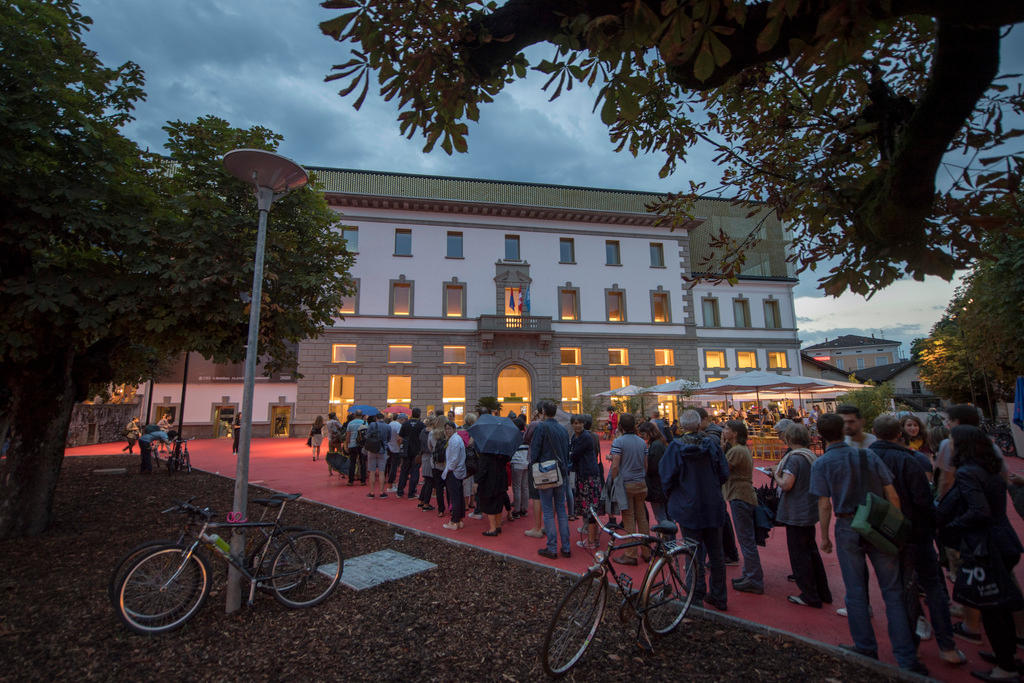
What does the school stand for and what’s unique about it? This is the story of its relationship with the festival, told in six fitting film titles.
Help! (Beatles film from 1965)
For the past 12 years, CISA has been helping the festival throughout the ten-day event. In 2018, the school became an “academic partner”. CISA director Domenico Lucchini says this has given them a marketing boost, “We can say CISA is the festival school, and we can use the festival logo on all our communications.”
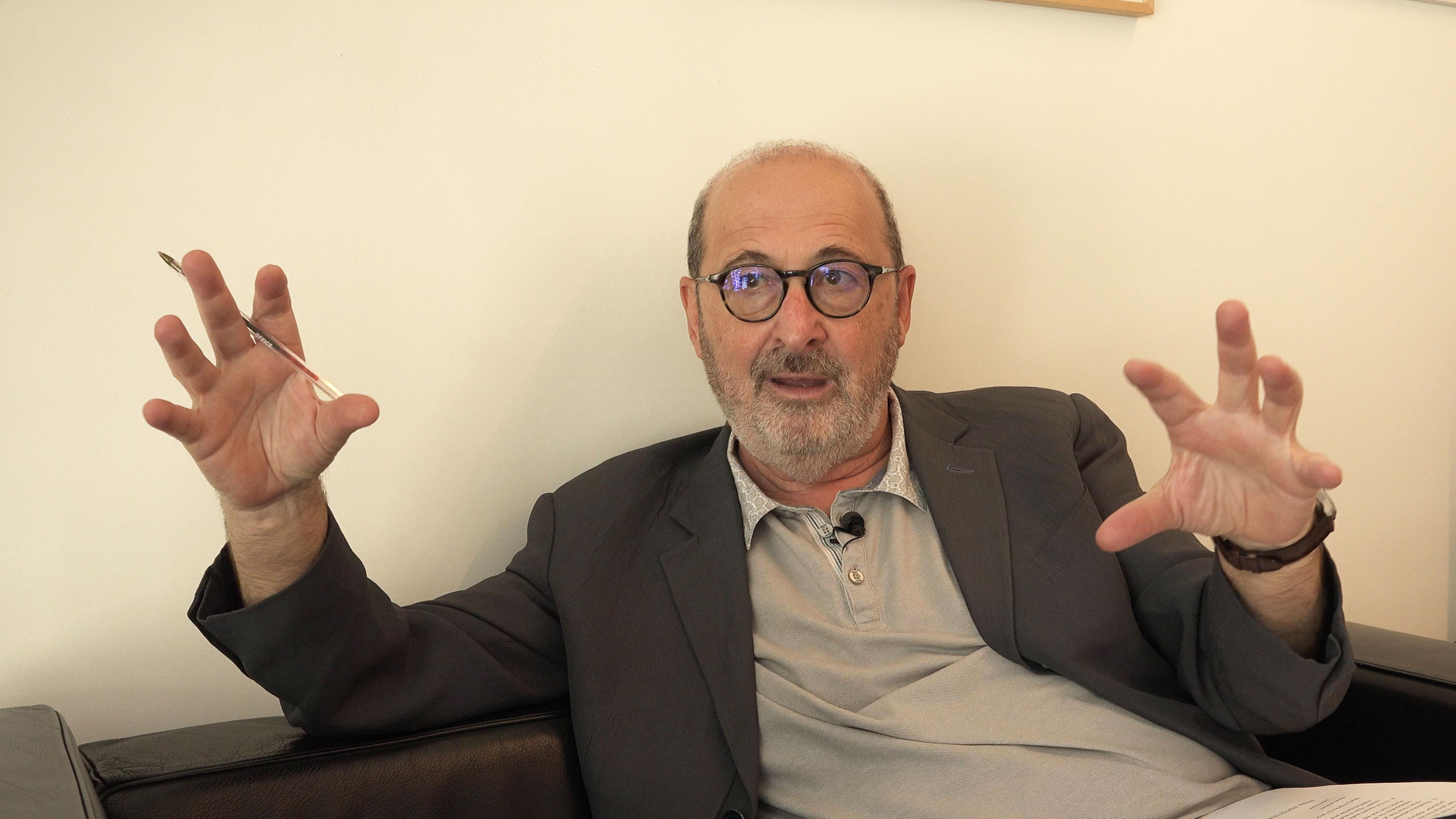
The students provide all the videos for the Pardo Live internal TV channel External linkduring the festival and produce five or six short films annually that can be used all year round to drum up interest in the Swiss event. One of these trailers was shown in April 2018 at “Locarno in Los Angeles”. External linkThe four-day mini festival, a collaborative venture between the Locarno Festival, an LA cinema and the Swiss Consulate General of LA, featured films from the 70th Locarno Film competition. Lucchini elaborates, “The partnership with the Locarno Festival is a huge training ground for our students. It allows them to practise the skills they’ve learnt and collaborate with industry professionals.”
The Italian Job (1969 British film starring Michael Caine)
The students at CISA are all Italian-speaking. The academy receives up to 40 admission requests per year but accepts only 15 students. They have to be 18 or over with a general qualification for university entrance. The school also accepts applicants who have completed apprenticeships in visual arts fields. There is more or less one teacher per student, and the lessons are in Italian, apart from when personalities from the film and TV industry give masterclasses, which are generally in English.
Could the focus on Italian impede the school’s efforts to win more recognition? Perhaps, but Lucchini is not willing to switch just now. “Our operating language is Italian because the school was born in Ticino and our spirit and identity come from here,” he says. swissinfo.ch visited CISA to meet the students, who were preparing their end-of-term films.

More
Budding directors on their film school of choice
The Arrival (1996 science fiction horror film featuring Charlie Sheen)
When the film school first arrived in Ticino, Lucchini says it was regarded as “a kind of UFO”, in a landscape otherwise free of colleges and universities. The Lugano International Conservatory of Audiovisual Sciences was set up in 1992 by filmmaker Pio Bordoni, who wanted to create a very hands-on institution, preparing students for the working world.
It was a struggle to gain recognition and Bordoni invested a lot of his own money to keep it running. The breakthrough came in 1999, when it finally became a school of applied art with funding from the canton.
Darkest Hour (2017 war drama starring Gary Oldman as Winston Churchill)
What followed, was probably the film school’s darkest hour. In 2005, Bordoni died, leaving the ship without a rudder. There were a few interim directors before Lucchini arrived in 2007 and relaunched the institution as a technical high school, equivalent to a university. In 2017, the school’s post-diploma professional qualification in film and television, ‘Cineasta Cinetelevisivo’, was recognised by the federation.
While Switzerland’s other film schools in Lausanne, Geneva and Zurich remained embedded in arts faculties, CISA became the only technical high school to specialise in professional training. It is funded by the federation, canton Ticino and the commune of Locarno and charges entrance fees of up to CHF9,000 ($9,060) a year.
Lucchini justifies the expense, “When a student has finished three years, he has an amazing portfolio. He’s made up to four of his own films. You can make your end-of-year film with external producers or with the TV. Twenty-five of our diploma films were realised as co-productions with the TV and have been shown on television.”
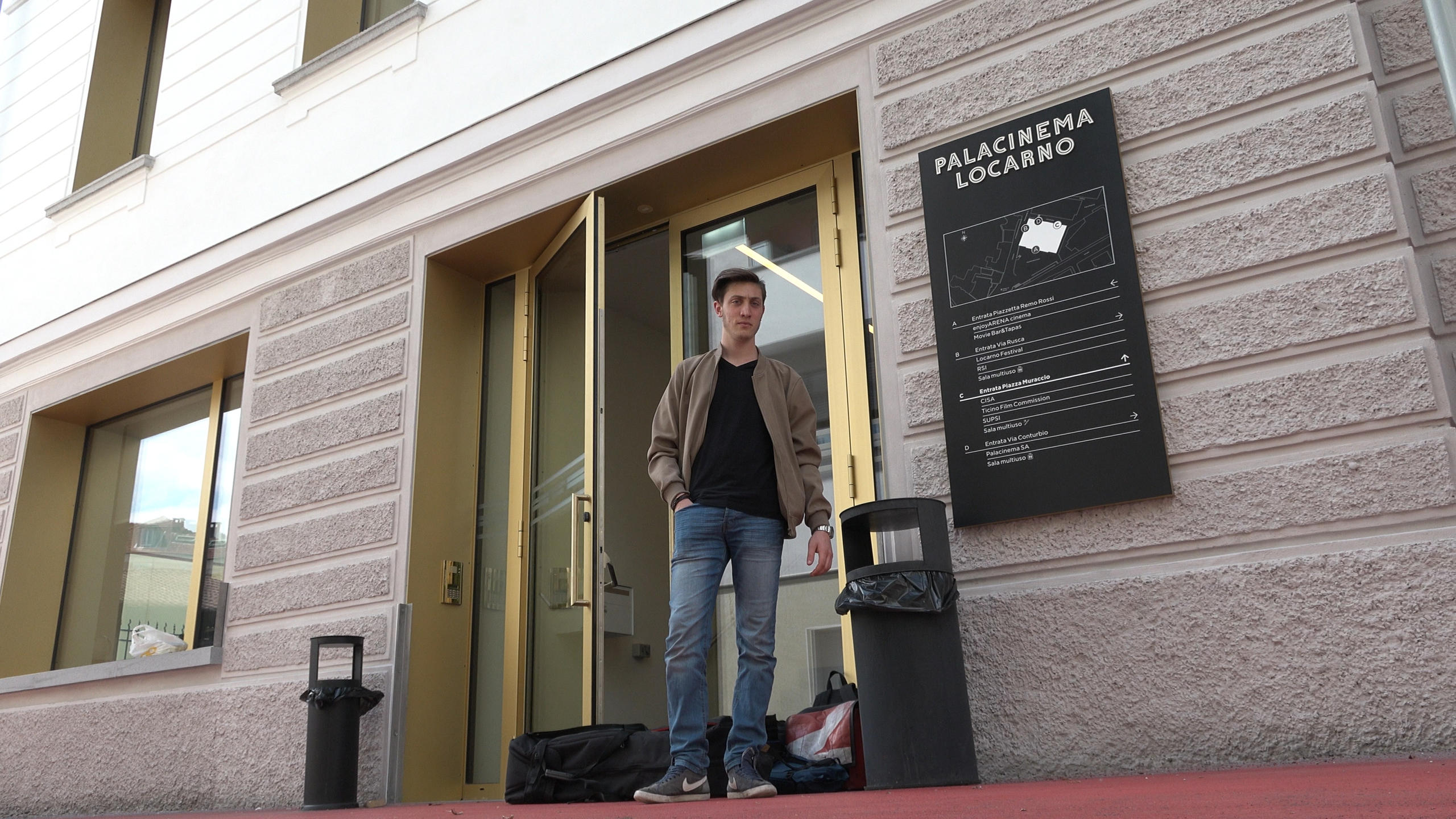
Sweet Smell of Success (1957 film starring Burt Lancaster and Tony Curtis)
CISA has a good success rate, with 80-85% of its students going on to find jobs in their specialised area of training. Many of them are hired by Swiss public television, RSI, with whom the school has set up the diploma, “Creative Producer”, to teach students the specialist skills they need at RSI. Lucchini says there are now 20 former students working at the TV station. Others work for production companies, cinemas and the film festival.
Some of the end-of-term films are selected for Locarno or other Swiss film festivals, while a few students gain recognition on the international stage. For instance, Stefano Etter enjoyed success with The Lives of Mecca External link(about handballers on Coney Island), which won the best documentary prize at a film festivalExternal link in Piemonte, Italy.
This Is the End (2013 disaster comedy)
If video killed the radio star, did Netflix and YouTube murder the cinema? The internet is awash with stories about people whose videos on YouTube have gone viral, elevating bloggers and part-time video-makers to superstar status. So is there really a need for film schools in this day and age? “Yes”, says Lucchini. “You can’t go out and film something on your iPhone and think it’s good enough. Many people who sign up for our school have already made a number of videos for YouTube, but they realise that this is just the beginning: they need more training to perfect their cinematographic skills.”
But can we still speak of a cinematographic industry in the digital age or is this the end? In January 2018, Bloomberg reported that Hollywood had a terrible 2017, with moviegoing falling to the lowest level in a generation. This could be partly due to the popularity of online streaming networks like Netflix, which keep potential cinema-goers glued to their smart screens.
No need for panic, apparently. Italian film and television theorist Francesco Casetti insists that cinema has simply been relocated in new spaces and on new devices. For Lucchini, it’s a win-win situation: “More and more platforms are being created upon which films can be viewed, and that can only be a positive thing.”
Locarno Festival
Locarno is considered one of the oldest film festivals, dating back to 1946. Its main screen on the Piazza Grande is the largest of its kind in Europe, and the square can host 8,000 spectators. The festival is an important visitor attraction, generating up to CHF30 million in tourism revenue, according to the city’s official website.External link
Locarno has been the debut international stage for a whole host of directors, such as Jim Jarmusch, Spike Lee and Gus Van Sant. The event, which this year runs from August 1-11, features mainstream and bigger-budget fare and gives a large platform to small movies. Director Jay Duplass once said “Patrons come not to pimp their film, slip you their screenplay or hobnob with famous people, but to celebrate movies and life.”

In compliance with the JTI standards
More: SWI swissinfo.ch certified by the Journalism Trust Initiative
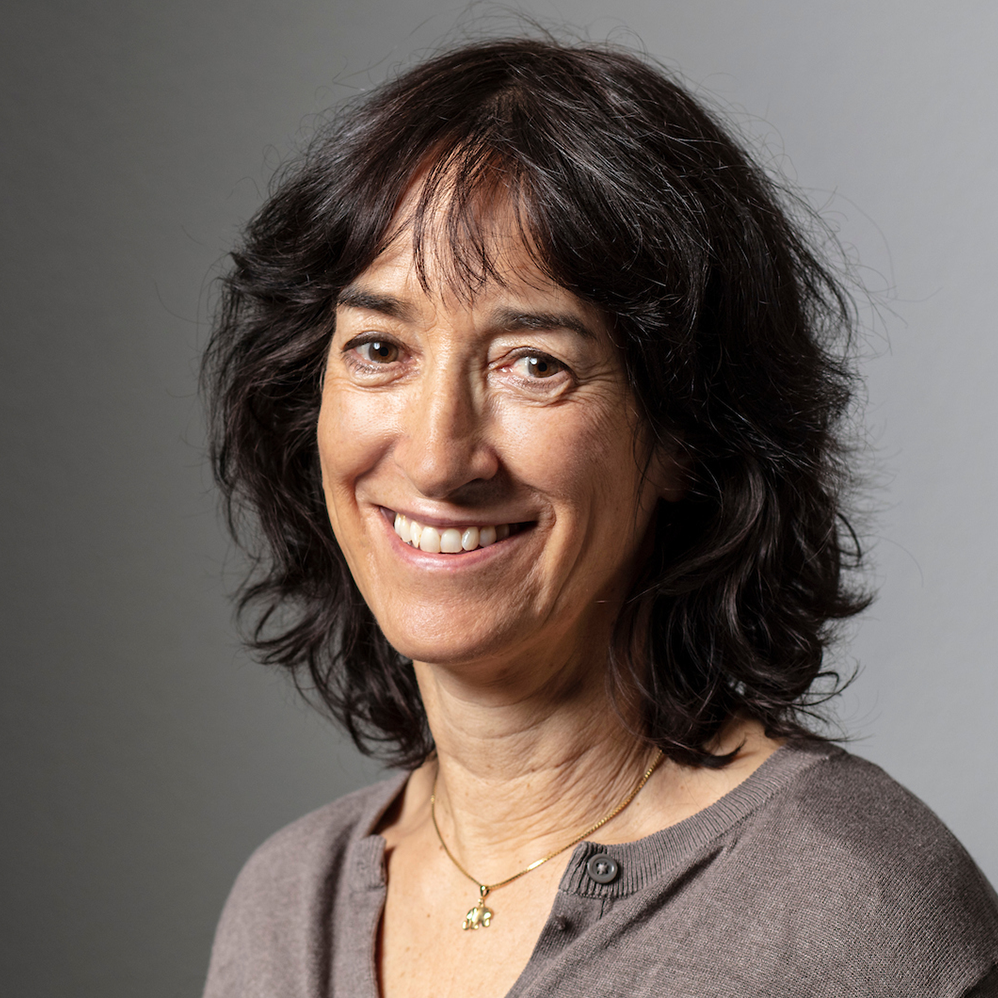
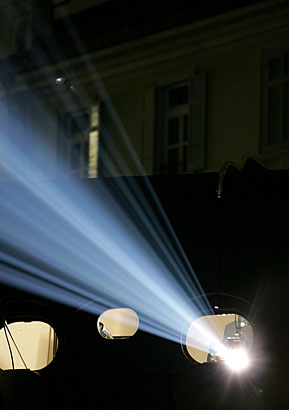

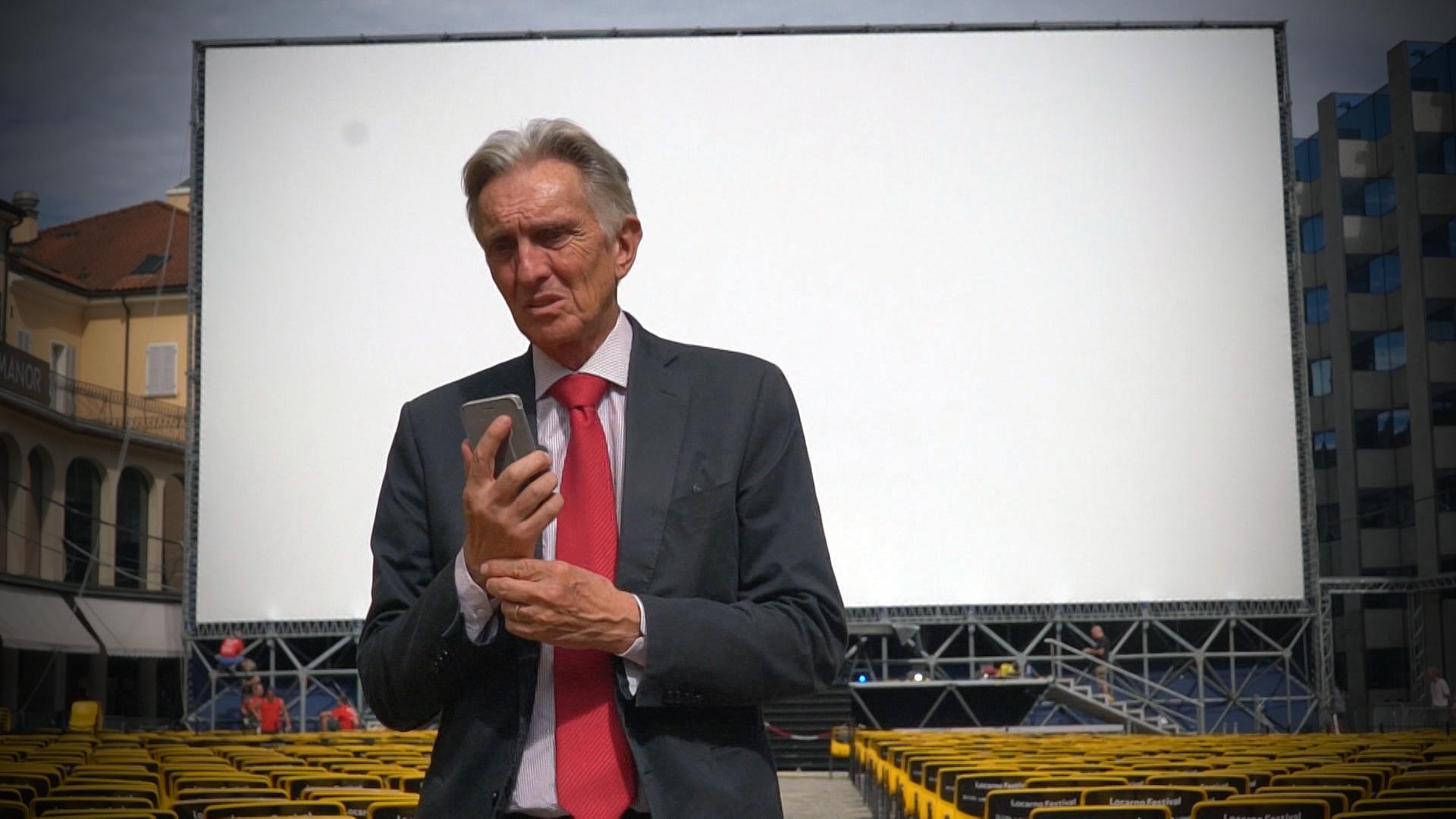
You can find an overview of ongoing debates with our journalists here. Please join us!
If you want to start a conversation about a topic raised in this article or want to report factual errors, email us at english@swissinfo.ch.